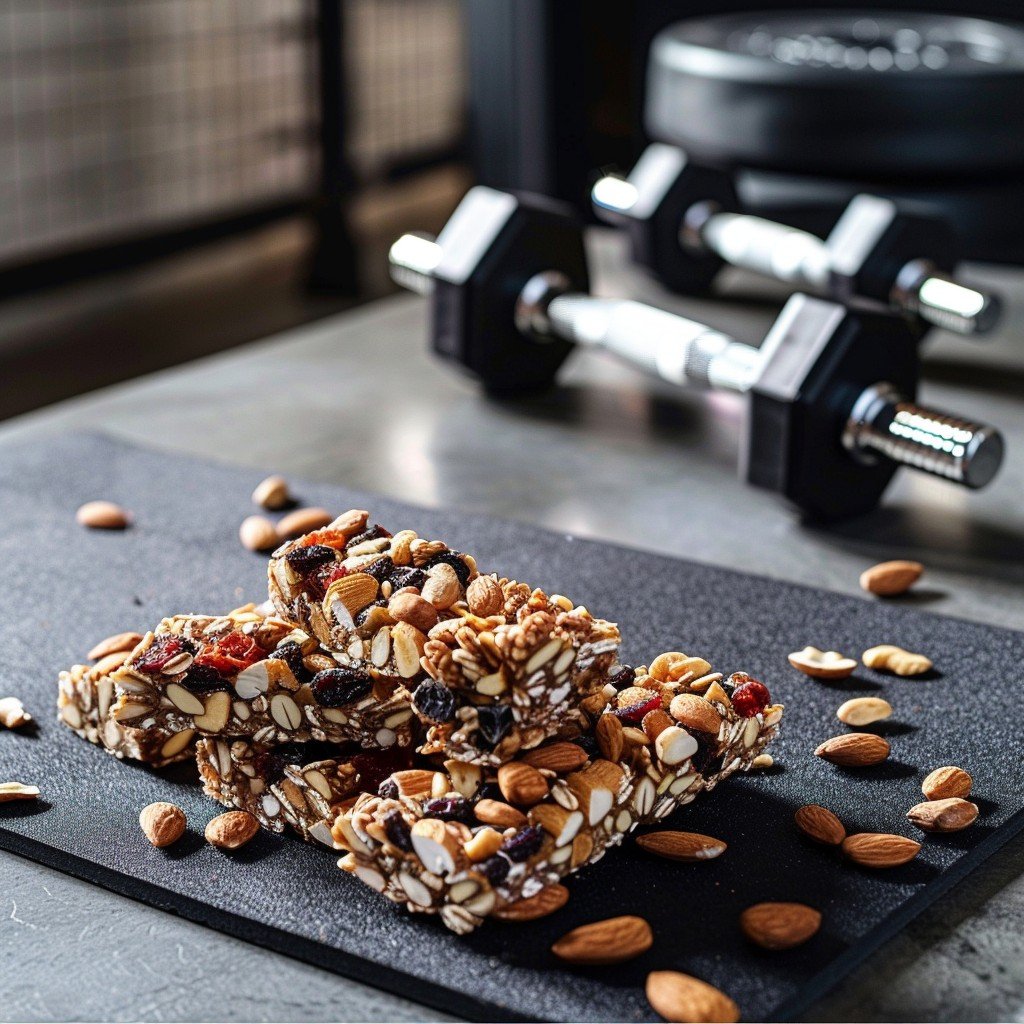
During pregnancy, maintaining a well-balanced diet rich in essential nutrients is crucial for both you and your unborn baby. You may also need to take vitamin and nutrient supplements to meet the increased nutritional demands of pregnancy. Proper nutrition supports your health and helps your baby’s development.
Iron
Iron plays a key role in preventing anemia during pregnancy and supports the formation and growth of your baby. It also lowers the risk of complications like premature birth and low birth weight.
You should take 60 mg of iron supplements daily from the beginning of pregnancy until three months postpartum. These iron tablets are often available for free at government health centers. In cases of severe anemia, your doctor may recommend a higher dose.
Iron-Rich Foods:
To boost iron levels naturally, include these foods in your diet:
- Red meat: Beef and mutton.
- Fish: Chapila, Tangra, Kachki, Mala, Tatkini, Shing, Fesa, and Chela.
- Eggs.
- Dairy: Milk and cheese.
- Pulses: Peas, Chickpeas, Mascalai, Moong, Lentils.
- Nuts: Peanuts and pistachios.
- Leafy greens: Jute greens, spinach, Pui Shak, green data greens.
- Vegetables: Potatoes, broccoli, beans, mushrooms.
- Dry fruits: Dates, dry coconut, walnuts.
- Grains: Millet, barley, corn, wheat, red rice.
- Seeds: Sesame, mustard, flaxseed, sunflower seeds.
Since diet alone may not meet the additional iron needs during pregnancy, it’s important to combine iron-rich foods with iron-folic acid supplements.
Folic Acid
Folic acid, also known as Vitamin B9, is vital for the health of both mother and child. It aids in the development of the brain and nervous system of the baby. A deficiency in folic acid can lead to neural tube defects, such as spina bifida.
It is recommended to take folic acid supplements as soon as you start trying to conceive and continue for three months after giving birth. If you haven’t been taking folic acid before conception, begin supplementation as soon as you know you’re pregnant.
Folic Acid-Rich Foods:
In addition to 0.40 mg folic acid tablets, incorporate folate-rich foods into your daily diet, such as:
- Various leafy greens: Spinach, Pui Shak, Jute Shak, Methi Shak, Sajne Pata, Kale, Radish leaves, Gourd leaves, and more.
- Vegetables: Turnips, beans, lentils, cauliflower, cabbage, broccoli.
- Pulses: Chickpea dal, Maskalai dal, Moong dal.
- Fruits: Oranges.
- Peanuts.
Vitamin A
Vitamin A is vital for the development of various organs in the unborn child, including the heart, lungs, kidneys, and nervous system. It also plays a crucial role in maintaining eye health. A deficiency in vitamin A during pregnancy can lead to complications such as impaired vision, reduced lung function, and a weakened immune system in the baby. Additionally, it helps maintain the overall health of pregnant women.
In most cases, taking separate vitamin A tablets during pregnancy is unnecessary, as the required amount can be obtained from food. However, if you have been taking multivitamin tablets rich in vitamin A before conception, it is important to ensure that the daily dose does not exceed 10,000 IU, as per the World Health Organization guidelines. Excessive vitamin A intake can be harmful to the unborn child.
Foods Rich in Vitamin A
To meet your vitamin A requirements during pregnancy, consider including the following foods in your diet:
- Milk and dairy products like yogurt and cheese
- Red, yellow, and green vegetables such as carrots, sweet pumpkin, sweet potatoes, red leafy greens, green leafy vegetables, and spinach
- Colorful fruits like mango, ripe papaya, dates, dewa, and melons
- Eggs
- Oily fish
Note: While liver and fish oil are excellent sources of vitamin A, they contain high levels that can be harmful to the baby if consumed in excess during pregnancy. Excessive intake may lead to birth defects affecting the eyes, skull, heart, and lungs of the baby.
Vitamin D
Vitamin D helps regulate calcium and phosphate levels, which are necessary for healthy muscles, bones, and teeth. The primary source of Vitamin D is sunlight, as our skin synthesizes it when exposed to ultraviolet rays. However, clothing or lack of sunlight exposure may reduce Vitamin D production, necessitating supplementation.
A Vitamin D deficiency can negatively impact your unborn baby, leading to complications after birth.
Vitamin D Supplementation:
The World Health Organization suggests that regular Vitamin D supplementation is not necessary during pregnancy unless you are deficient. If needed, a daily dose of 5 micrograms (200 IU) can be taken under medical guidance. You should still aim to get enough Vitamin D naturally.
Natural Sources of Vitamin D:

- Sunlight: The best natural source of Vitamin D is exposure to sunlight. The time needed for sufficient Vitamin D production varies depending on skin color, intensity of sunlight, and other factors. Use sunscreen with at least SPF 15 to protect your skin.
- Food: Foods containing Vitamin D include eggs, meat, fish (Katla, Rui, Tilapia), and fortified edible oils.
Regular sun exposure during pregnancy helps meet Vitamin D requirements. However, if you have limited sun exposure, consult your doctor about taking Vitamin D supplements.
Calcium
Calcium is essential for bone development in your baby and helps reduce the risk of pre-eclampsia, a serious pregnancy complication related to high blood pressure. A calcium deficiency can make your and your baby’s bones brittle, leading to complications.
Calcium Supplementation:
Start taking calcium tablets twice a day from the first three months of pregnancy. It’s best to take them on an empty stomach. Calcium tablets are also distributed for free at government health centers, or you can purchase them from a pharmacy after consulting with your doctor.
Calcium-Rich Foods:
Along with supplements, include calcium-rich foods in your diet, such as:
- Dairy: Milk, sour yogurt, cheese.
- Fish: Taki, Rui, Katla, Shol, Shing, and small fish with bones.
- Pulses: Chickpeas, Maskalai.
- Soybeans, tofu.
- Grains: Barley, corn, wheat.
- Leafy greens: Red leafy greens, Pui Shak, Methi Shak, Nut greens, Malanch greens.
- Seeds: Sesame, flaxseed, mustard.
Remember, it’s difficult to meet your increased calcium needs through diet alone, so supplements are essential during pregnancy. If you are taking a multivitamin, ensure it contains the correct amount of calcium.
Vitamin C
Vitamin C is essential for maintaining the health of your skin, bones, and blood vessels. It also aids in the healing process of wounds and injuries.
How to Consume Vitamin C
Meeting the daily requirement of vitamin C during pregnancy is usually possible through a diet rich in vitamin C-containing foods. There’s generally no need to take vitamin C tablets separately. Multivitamin tablets specially formulated for pregnancy often contain 70 mg of vitamin C, which can be taken regularly if desired.
Foods Rich in Vitamin C
Consider adding the following vitamin C-rich foods to your pregnancy diet:
- Various fruits, especially citrus fruits like amla, amra, black plum, olive, lemon, grapefruit, guava, orange, and Malta
- Green chilies and coriander leaves
- Red and green bell peppers, broccoli, turnips, and potatoes
Importance of Ensuring Adequate Nutrition During Pregnancy
Adequate nutrition is crucial during pregnancy to support the baby’s physical development. Proper intake of essential nutrients helps prevent complications and promotes a healthy pregnancy for both the mother and the child. Ensuring an adequate supply of nutrients can prevent issues such as malformations, stunted growth, premature birth, and low birth weight. It also reduces the risk of complications after birth.
On the other hand, malnutrition during pregnancy can significantly increase the risk of complications, including death, for both the mother and the unborn child.
Can a Balanced Diet Alone Ensure Adequate Nutrition During Pregnancy?
During pregnancy, the need for certain nutrients is higher than usual. While a healthy and balanced diet is important, it may be difficult to meet the increased demand for specific nutrients through food alone, especially nutrients like folic acid and iron, which are essential for the health of both the mother and the baby.
Therefore, besides following a balanced diet, it is often recommended to take supplements containing specific vitamins and minerals during pregnancy. These supplements help meet the additional nutritional requirements. However, it’s important to note that supplements should not replace nutritious food; they should only be used to prevent deficiencies in cases where it is difficult to obtain enough nutrients through diet alone.








